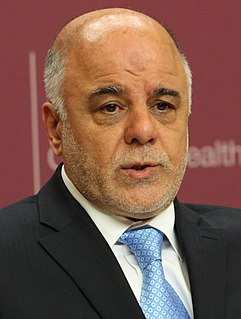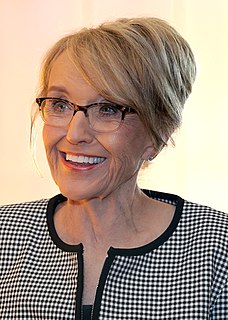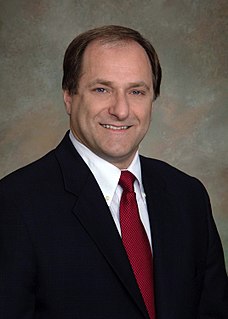A Quote by Hugh Masekela
One of the greatest things that could really happen to Africa is for us to get rid of the borders and for the leadership not to think that the countries belong to them... We didn't create the borders to start with.
Related Quotes
The No. 1 question I get is, "Do you believe in an open-borders policy?" I'm like, wait a second: What does that really mean? When you say open-borders policy, do you mean that - this is like the US-Mexico border? We put up a sign that says "Keep Out," then 10 yards in we say, "Job Wanted." Is that what people mean by open borders? So that usually shuts people up. But that's the truth.
Leftists put in these emotional, illogical, and irrelevant terms, and they make people's hearts melt, "He's so wonderful. He cares about people." And so you get open borders, you get open borders in Europe. And, by the way, it's always a one-way street. Why are refugees incapable of shelter and love and compassion in their own countries? That's a good question.
In an ideal world, you could reunite the Pakistan-occupied part of Kashmir with the Indian-occupied part and restore the old borders. You could have both India and Pakistan agreeing to guarantee those borders, demilitarise the area, and to invest in it economically. In a sane world that would happen, but we don't live in a sane world.
I am the kind of person who doesn't recognize borders. I don't understand why we think it is okay to keep someone within one border when they are unable to feed their family when they could be getting help somewhere else. I don't see people as different so I don't understand the idea of borders in this world.
Our countries are weaker: they cannot protect us from imported goods, they can't protect us from climate change, they cannot protect us from epidemics. These things cross borders. But the kind of cooperation that would protect us from those things was completely lacking and because of this there's been a backlash. People feel vulnerable.
9/11 was a signal that we were living in a new world - a world of interdependence, a world in which people could attack the United States not from the outside, but from the inside. It was a sign that the United States, the most powerful country in the world, could watch the cathedral of capitalism at the Trade Center and the heart of its defense at the Pentagon be struck internally, not really across borders, so that borders don't matter anymore.
Developing countries can make great strides towards more progressive and effective taxation and spending through action within their own borders. But the damage caused by exemptions, loopholes, and tax havens requires action beyond national borders - it requires international action and cooperation.




































